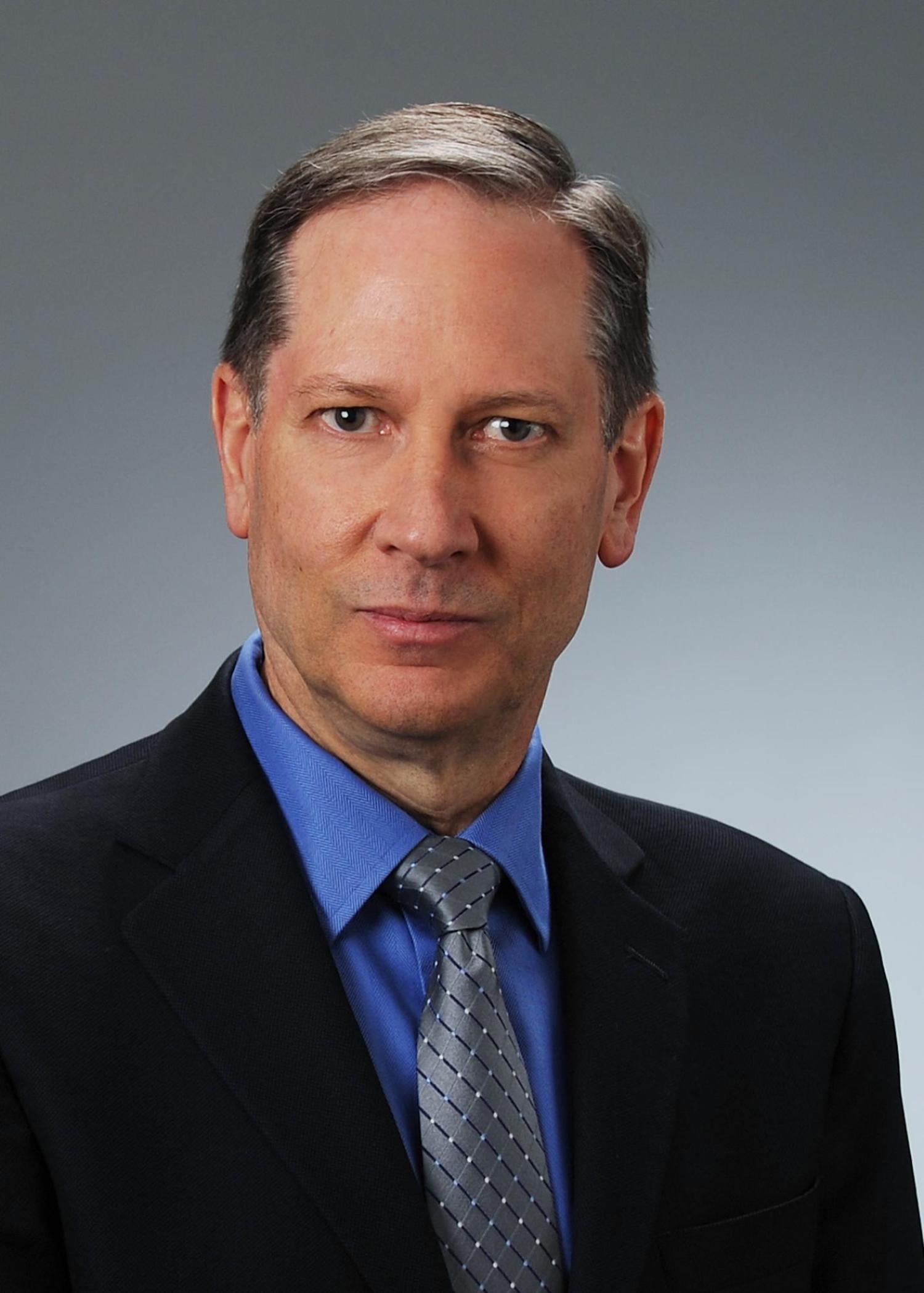Seminar: Studies of Gas-Surface Interactions Applied to Space Technology - Jan. 23

Timothy Minton
Professor, Department of Chemistry and Biochemistry, Montana State University
Thursday, Jan. 23 | 10:00 A.M. | AERO 111
Abstract: High-energy gas-surface interactions might seem to be exotic, but there are numerous situations where such interactions influence the outcome of practical endeavors, for example, spacecraft degradation in low-Earth orbit, heat shield ablation during atmospheric entry, and analysis of highly rarefied planetary atmospheres.
Studies of the relevant gas-surface processes can reveal the rich details of the chemical and physical processes whenever a surface is subjected to a gas at high collision energies or temperatures, thus providing a foundation upon which to advance space technology through improved materials, predictive models, and hardware design.
This presentation will highlight the fundamental aspects of energetic gas-surface scattering dynamics in the context of their applications to the three examples of spacecraft-environment interactions mentioned above.
Bio: Timothy K. Minton is a Professor in the Department of Chemistry and Biochemistry at Montana State University, as well as a Senior Editor for J. Phys. Chem. A/B/C and an Associate Editor for J. Spacecr. Rockets.
He is also a Fellow of the American Physical Society, American Chemical Society, and American Association for the Advancement of Science. He earned his B.S. in Chemistry from the Univ. of Illinois in 1980 and his Ph.D. in Chemistry from UC Berkeley in 1986. Following two post-doctoral positions, at the Univ. of Illinois and at the Univ. of Zürich, Switzerland, he became a Member of Technical Staff at the Jet Propulsion Laboratory in Pasadena, CA in 1989. In 1995, he joined the faculty at Montana State.
His current research projects include studies of gas-phase and gas-surface energy transfer and reactions, including boundary layer chemistry in shock layers on hypersonic vehicles, oxidation and decomposition of heat-shield materials, the concentration of gases in rarefied planetary atmospheres, and the development of new and more durable materials for use on spacecraft in low Earth orbit.

